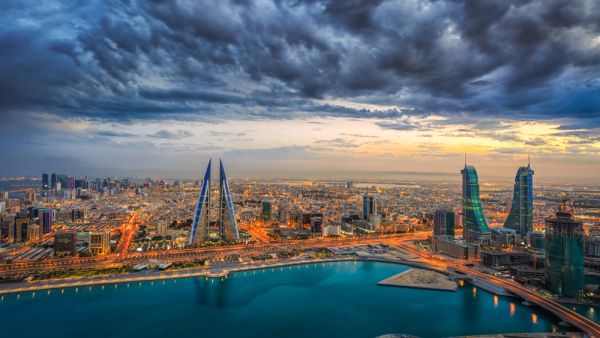New development and infrastructure projects earmarked in the 2019-2020 national budget could be further delayed as procedures are sorted out, it has emerged.
{"preview_thumbnail":"https://cdn.flowplayer.com/6684a05f-6468-4ecd-87d5-a748773282a3/i/v-i-e…","video_id":"e86bf47f-c9bc-4173-a33e-2eb8826be246","player_id":"8ca46225-42a2-4245-9c20-7850ae937431","provider":"flowplayer","video":"Top 10 Arab Countries in terms of Ease of Doing Business"}
Senior MPs have ordered ministries and government organisations to get the internal arrangements completed to ensure there are no cutbacks from listed projects that would be financed from government coffers.
The national budget, approved by the National Assembly last week, has been referred to His Majesty King Hamad for ratification.
Sixty-six new projects worth BD1.3 billion have been listed under the 2019-2020 budget.
A total of BD951.6 million in GCC money will fund 73 per cent of the schemes over the two years – BD475.5m for this year and BD476.1m for next year.
The rest will be paid for from Bahrain’s national revenues, at a rate of BD200m each year.
That means Bahrain will spend BD675.48m on projects this year and BD676.08m next year.
“There’s no such thing as prioritisation as projects earmarked for 2019 have to be completed in 2019,” parliament financial and economic affairs committee chairman Ali Ishaqi told the GDN.
“This year we have finalised the budget in record time, unlike in previous years when it was delayed until July or August.
“So, the government now has three months more than it would normally have had.
“We always tell the authorities not to suspend procedures for the projects and keep things ready, but worried that we may scrap a particular earmarked project they opt to suspend formalities for all.
“I understand that the government will have to do double the job in six months but the contractors are there and I see no reason why the projects should be delayed or pushed back.”
Mr Ishaqi said the situation with projects funded by the GCC was different because the government needed to present things ready for the financing to be made available.
“In Bahrain, projects funded from public coffers are just on paper, and most of them are not implemented – with numerous excuses being given such as the budget was delayed, contractors were unavailable, the price was high or technical requirements were not met,” he said.
“I hope the same speed is exercised similar to how GCC funding is being secured for projects – something that is actually going to happen and is worth the funding that would go towards it.
“When we approved the 66 projects we knew that all are needed at particular times and we hope there is commitment and boring formalities left out.”
Social housing accounts for the biggest chunk of project spending (28 per cent) under the two-year budget, followed by public works and roads (24pc), electricity and water networks (17pc), transportation infrastructure (10pc), youth and sports facilities (5pc) and educational, health and social services (5pc).
The rest, 11pc, has been earmarked for miscellaneous projects.
According to the budget outline, Bahrain has so far received BD839.35m from a 2011 pledge of support from its neighbours.
Parliament public utilities and environment affairs committee chairman Abdulrazzak Al Hattab said several projects presented to the government were not taken into account.
“MPs, municipal councillors and Capital Trustees Board members have listed their own development and infrastructure projects in the budgets and the government wants prioritisation,” he said.
“There is limited financing and there is a need to be selective.
“But, again in the 66 projects that were listed by the government itself there has to be a commitment to complete the project on time, to ensure that public money intended for a particular project does not get redirected to another which may not be necessarily that beneficial.”








